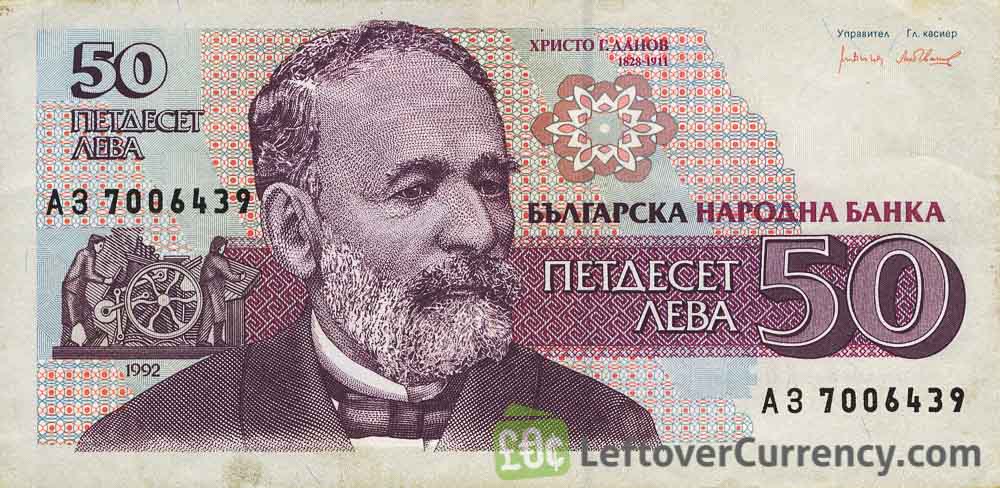Boyko Borissov’s outgoing government is preparing to leave a heavy legacy. Instead of the deficit of BGN 4.9 billion planned in the State Budget Act, at the end of 2021, the treasury will be in the red by nearly BGN 7 billion, or 5.6% of GDP.
This is written in the Convergence Program of Bulgaria for the period 2021-2023.
The document was adopted last week by the Council of Ministers, but has not yet been uploaded on the Finance Ministry’s website.
It is only available on the European Commission’s website. It is important to recall that the Convergence Program is a strategic document presenting the main elements of the national fiscal policy in the medium term.
The program is prepared annually by the Ministry of Finance and submitted for evaluation to the European Commission by the end of April at the latest (this year Bulgaria is almost a month late), according to the schedule of the so-called “European Semester” – an initiative for enhanced coordination of economic policies in the EU.
The program is one of the documents on the basis of which Bulgaria’s readiness for membership in the euro area will be assessed. The intention for an estimated date for joining the “club of the rich” remains unchanged – January 1, 2024.
The steps to achieve this goal are set out in the Convergence Program. In this sense, and in view of the fulfillment of the nominal convergence criteria (the so-called Maastricht criteria), the forecast in the texts is more than curious – in the medium term a deficit of 2.7% of GDP for 2022 is expected. and 3.1% for 2023 From 2012 to 2019, Bulgaria easily met the criteria for deficit (with one exception from 2014) and debt.
Things changed last year and the trend will obviously continue. As early as the autumn of 2020, the EC made it clear that the Stability and Growth Pact is unlikely to operate in 2021.
Many experts are also pushing for its recast and adaptation to the new conditions, but Europe has not yet decided definitively whether to extend the suspension of the debt and deficit rules. The decision was awaited back in March, with the EU not effectively calculating government spending on coronavirus in the Commission’s debt and deficit calculations.
The problem is that in just one month (April compared to March 2021) the deterioration of the government’s estimate of the deficit is about BGN 800 million. The latest data from the Ministry of Finance also speak of GERB’s government heavy legacy.
From them it can be concluded that the next government will have to deal with the fiscal reserve almost on the brink (at the end of April it amounted to BGN 8.5 billion, but BGN 3.3 billion of them are inviolable as part of the Silver Fund) and underfunded measures against Covid-19.
The next government will also have to fight with a zero deficit – the difference accumulated by the end of March between revenues and expenditures was overcome at the end of April thanks to the BGN 660 million transferred from the concession of Sofia Airport.
Thus, in practice, the deficit of BGN 4.9 billion voted with the 2021 budget is left entirely to the next government. At the same time, while budget revenues are relatively planned for the first quarter of the year and are about 2.2% more than in the same period of 2020, expenditures have increased by almost 25% on an annual basis.
The main item in these accounts is the supplement of BGN 50 for pensioners, which cost the treasury over BGN 106 million per month. If the measure is extended until the end of the year, almost BGN 1 billion will be spent on them.
This is a particularly severe political conundrum because if the state continues to pay the supplement, the budget will have to be updated and it cannot be done by a caretaker government with a parliament.

